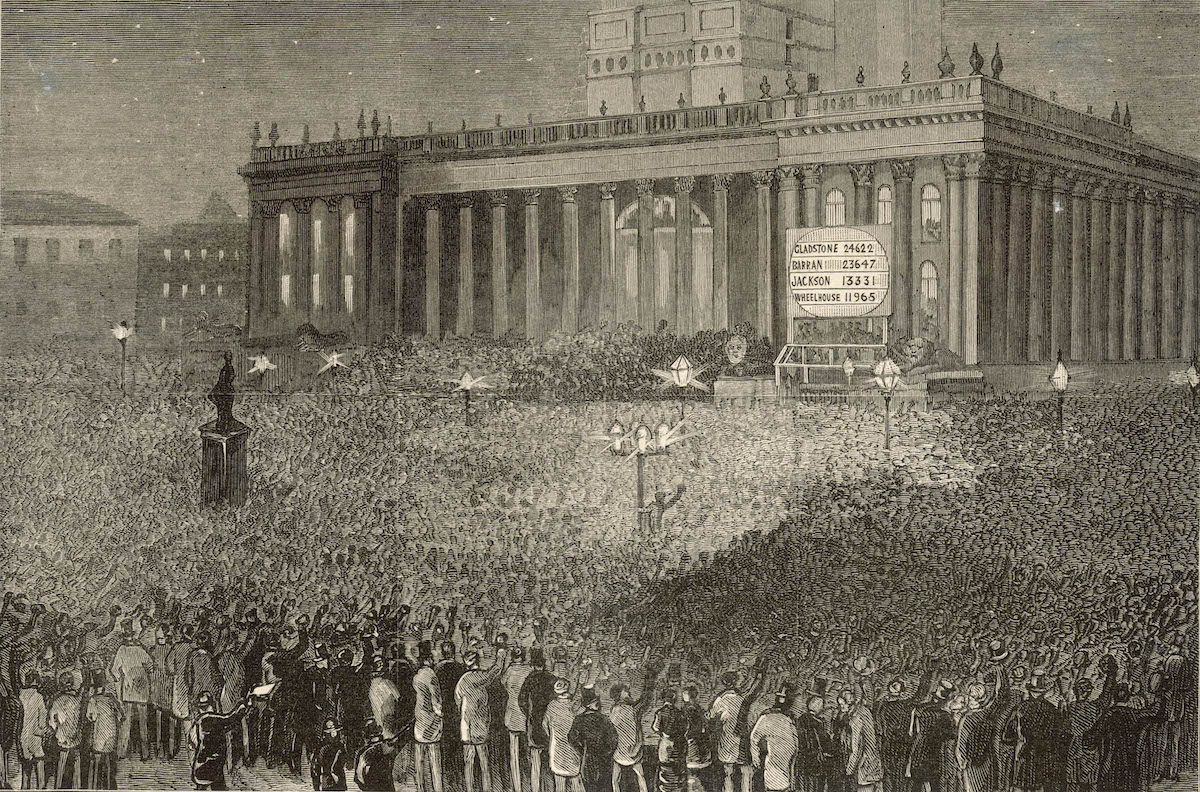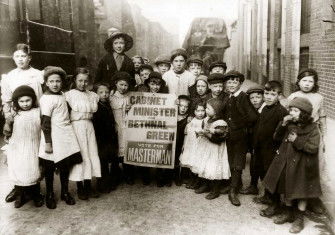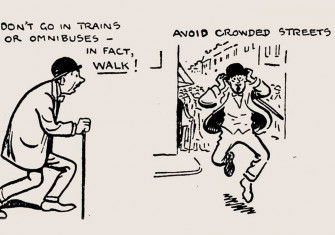The End of Britain’s Weeks-Long General Elections
General elections in Britain were once weeks-long affairs of corruption and chaos. The shift to one-day polling was slow.

‘When it comes to the point’, wrote Roy Jenkins, ‘one of the clearest prerogatives of a Prime Minister is that of choosing the date of an election.’ Prime ministers agonise over the decision. But before 1918, the government only set the date of dissolution: the responsibility for choosing the nomination and polling days in each constituency was left to individual returning officers.
General elections in the 18th century could take up to two months to complete. Not only did each constituency work to its own timetable, but before 1785 there was no practical limit on the number of days the poll could be open for. A limit of 15 days was finally imposed after the 1784 election in the constituency of Westminster, which took 47 days. In an era when candidates had to pay all the costs of the election, longer polling was a recognised way for wealthier candidates to bankrupt their opponents into submission.







